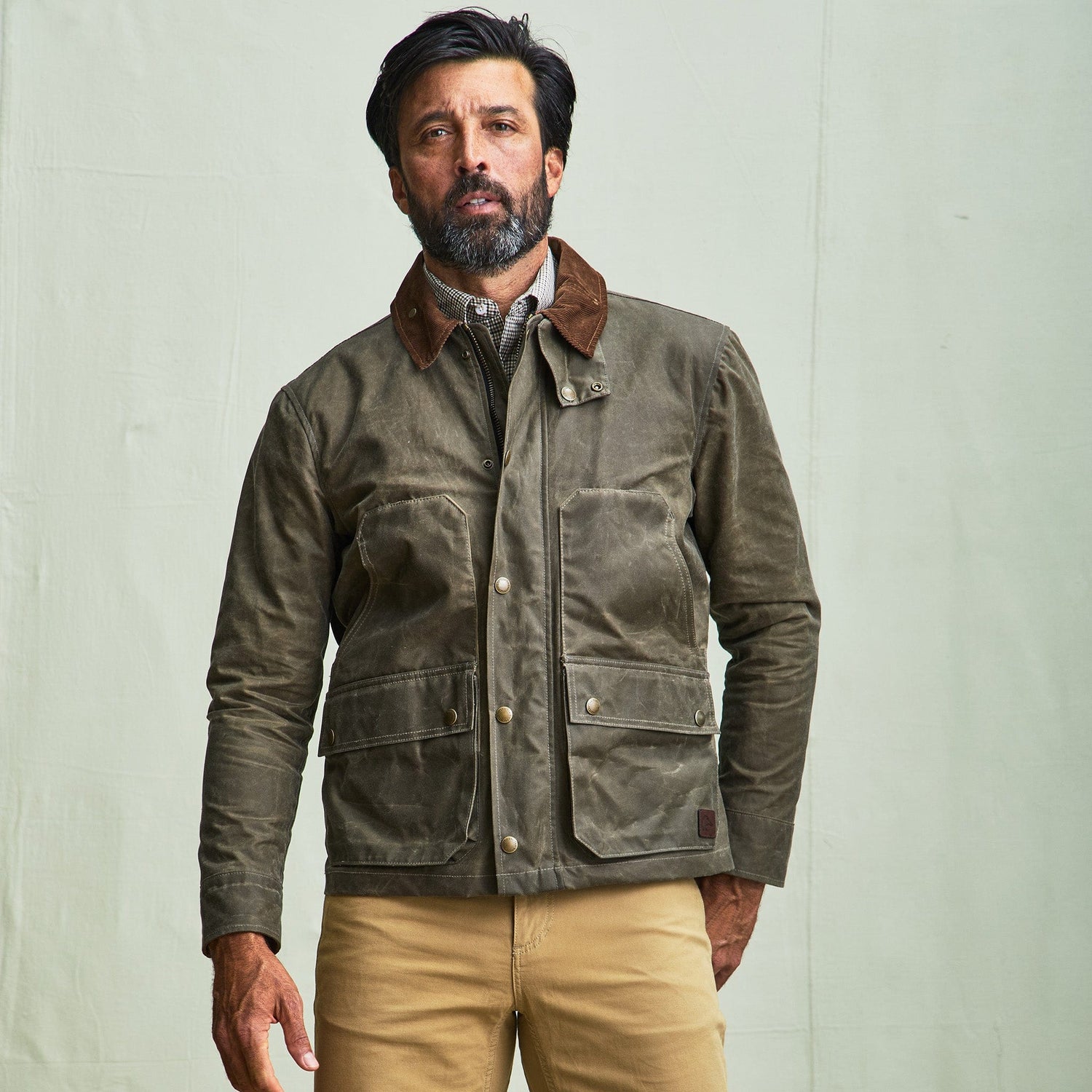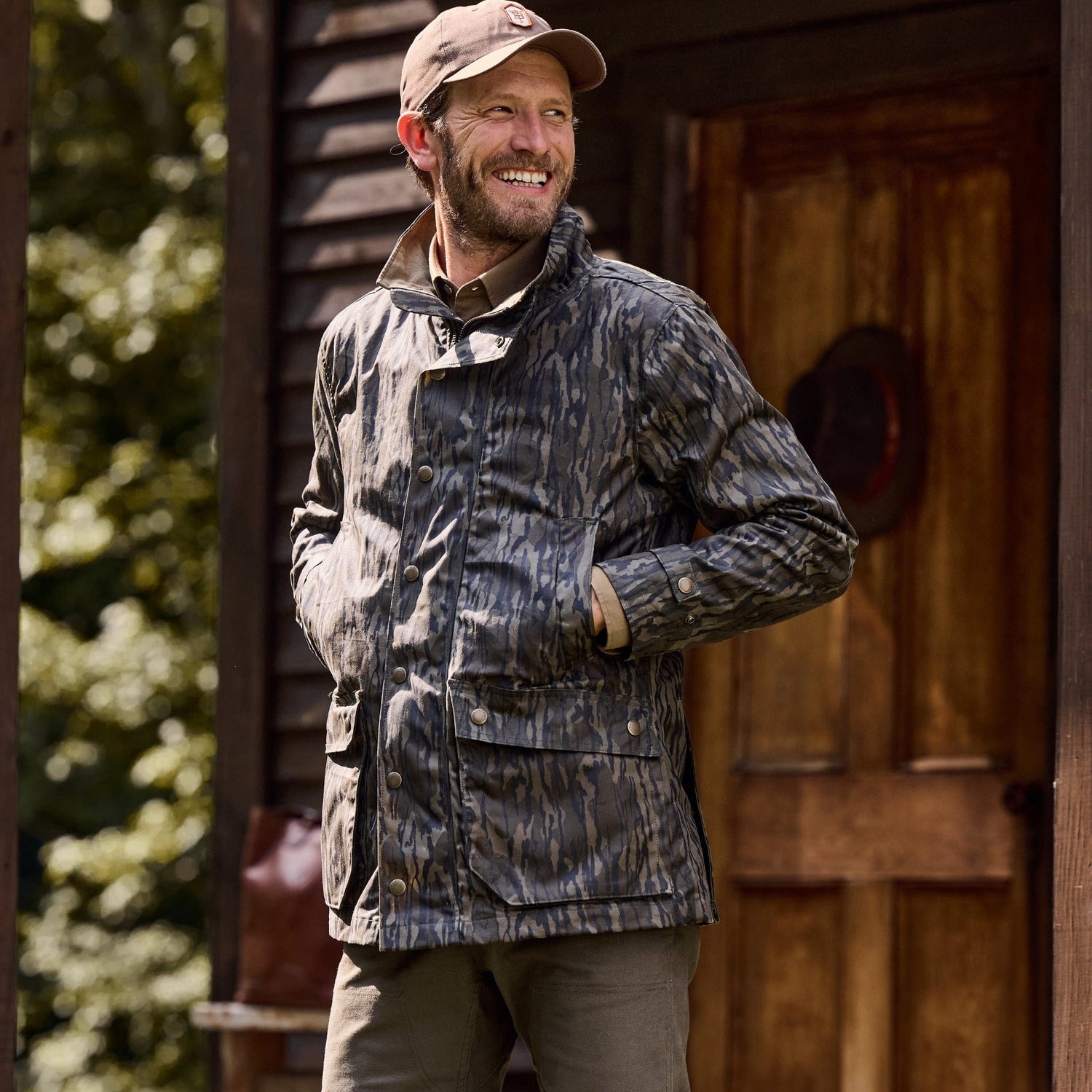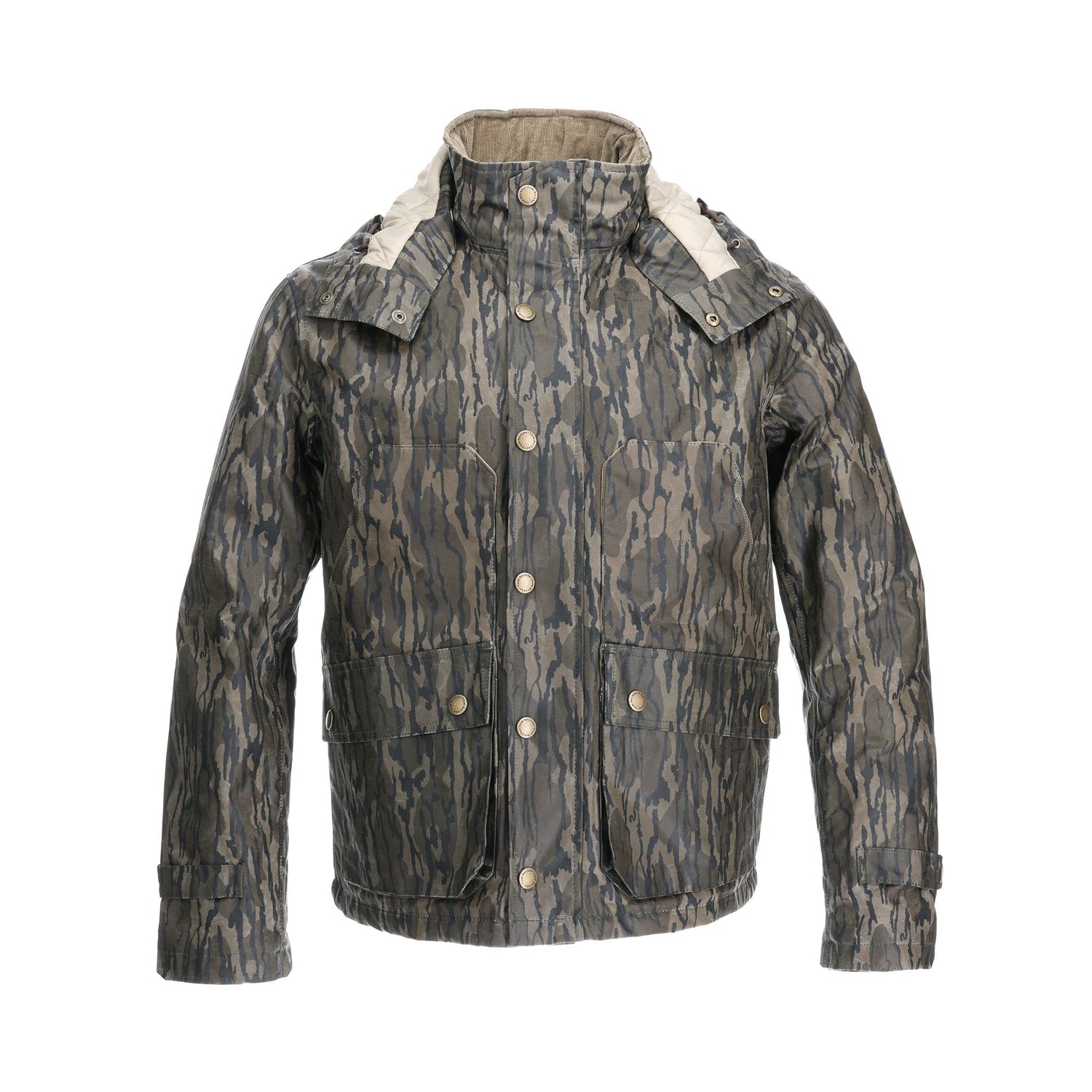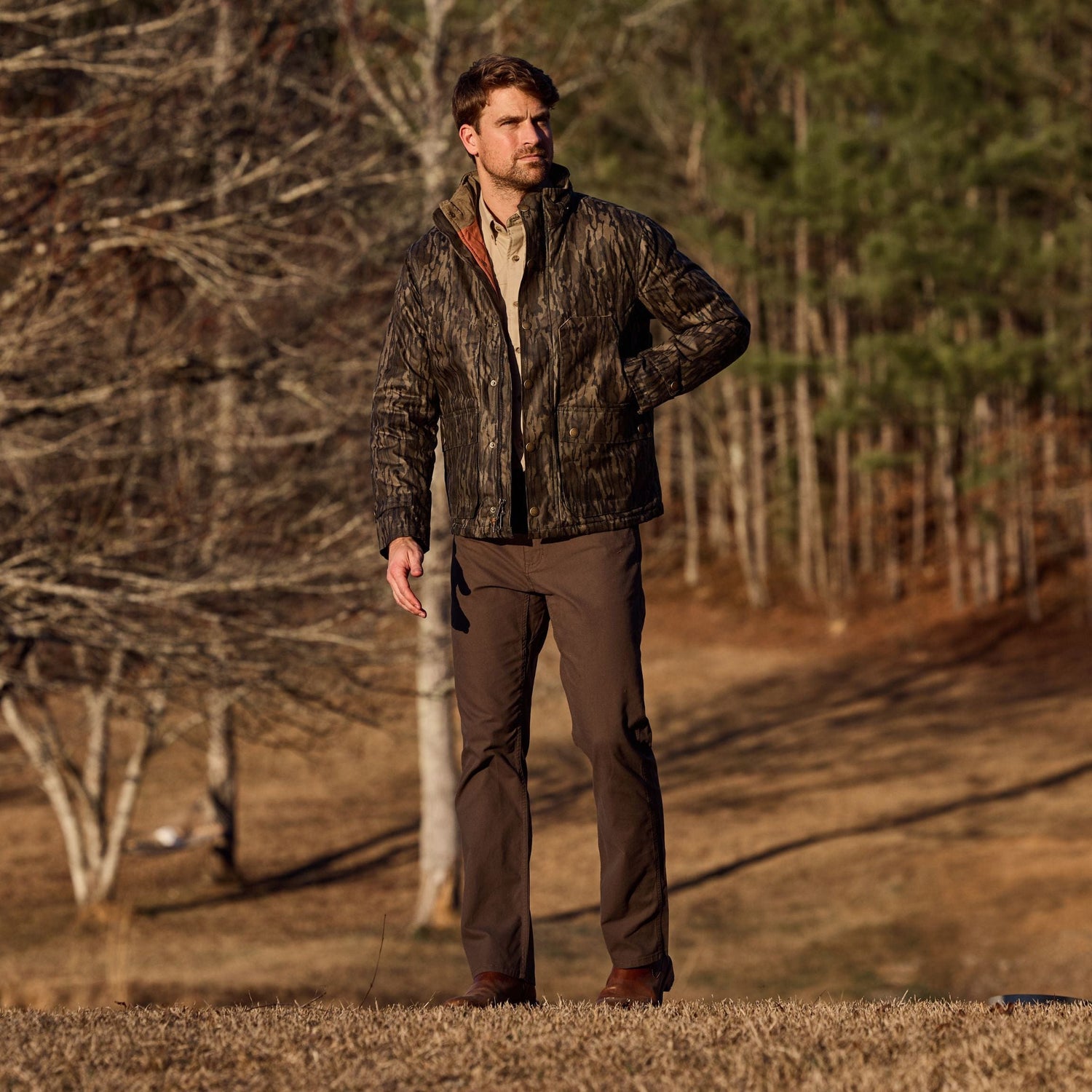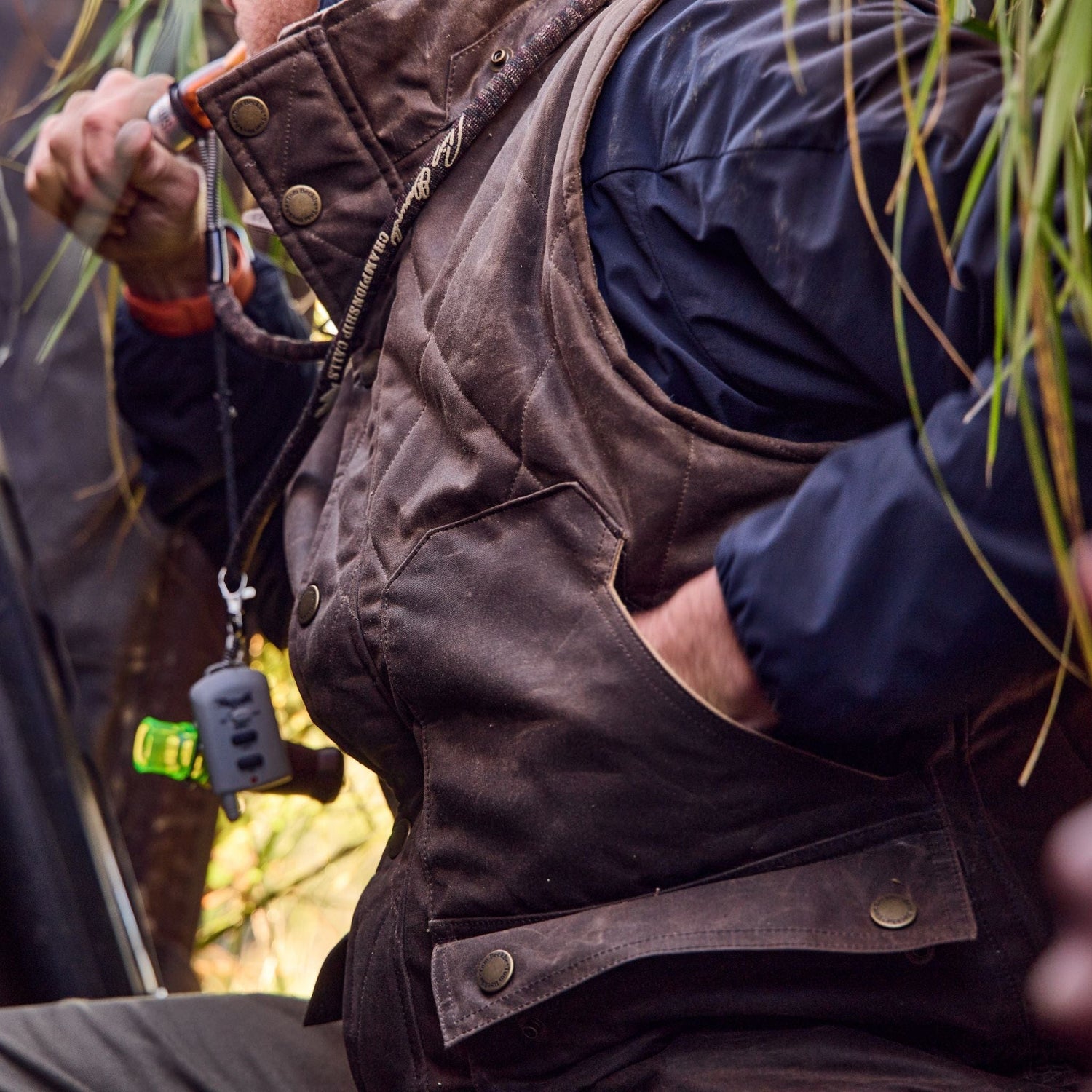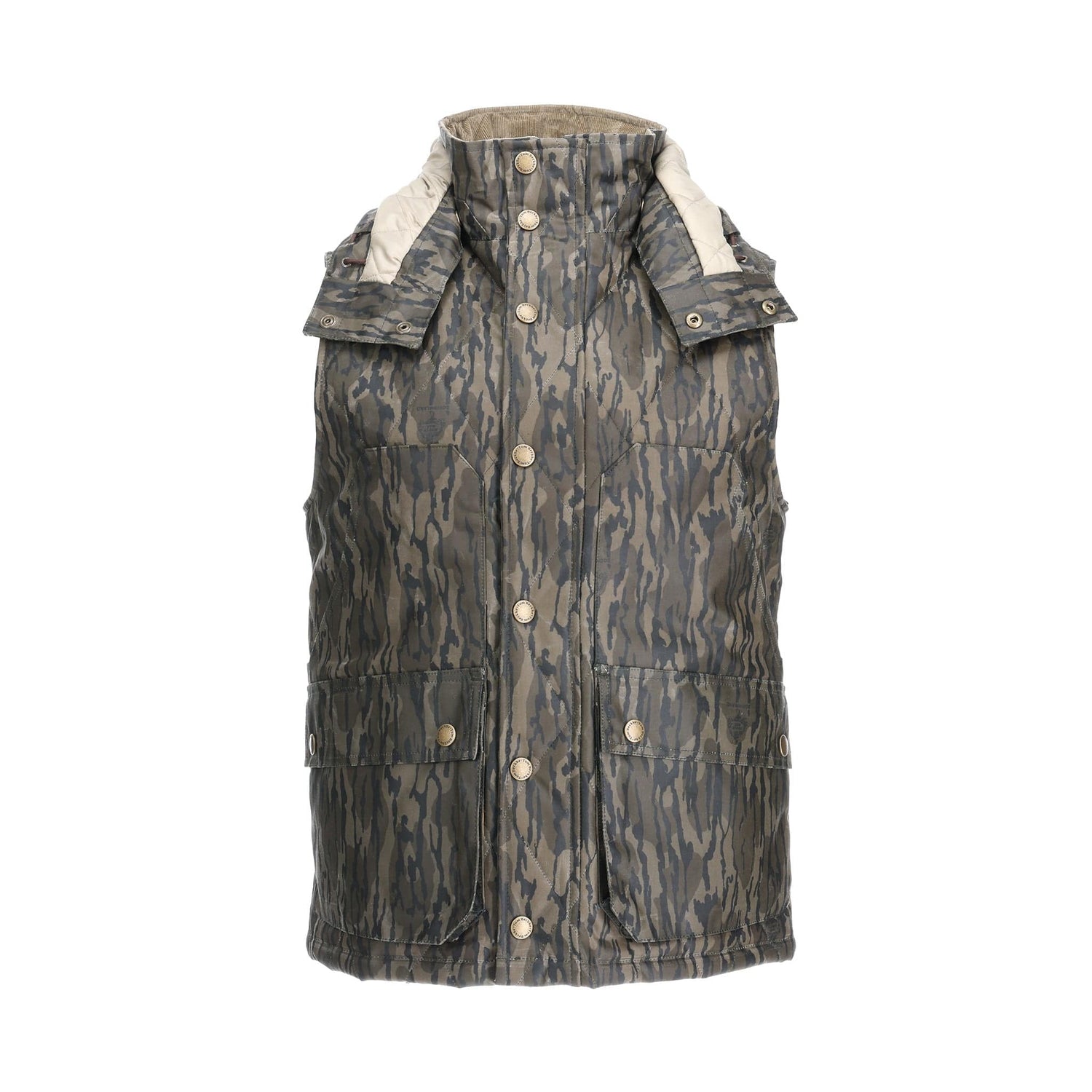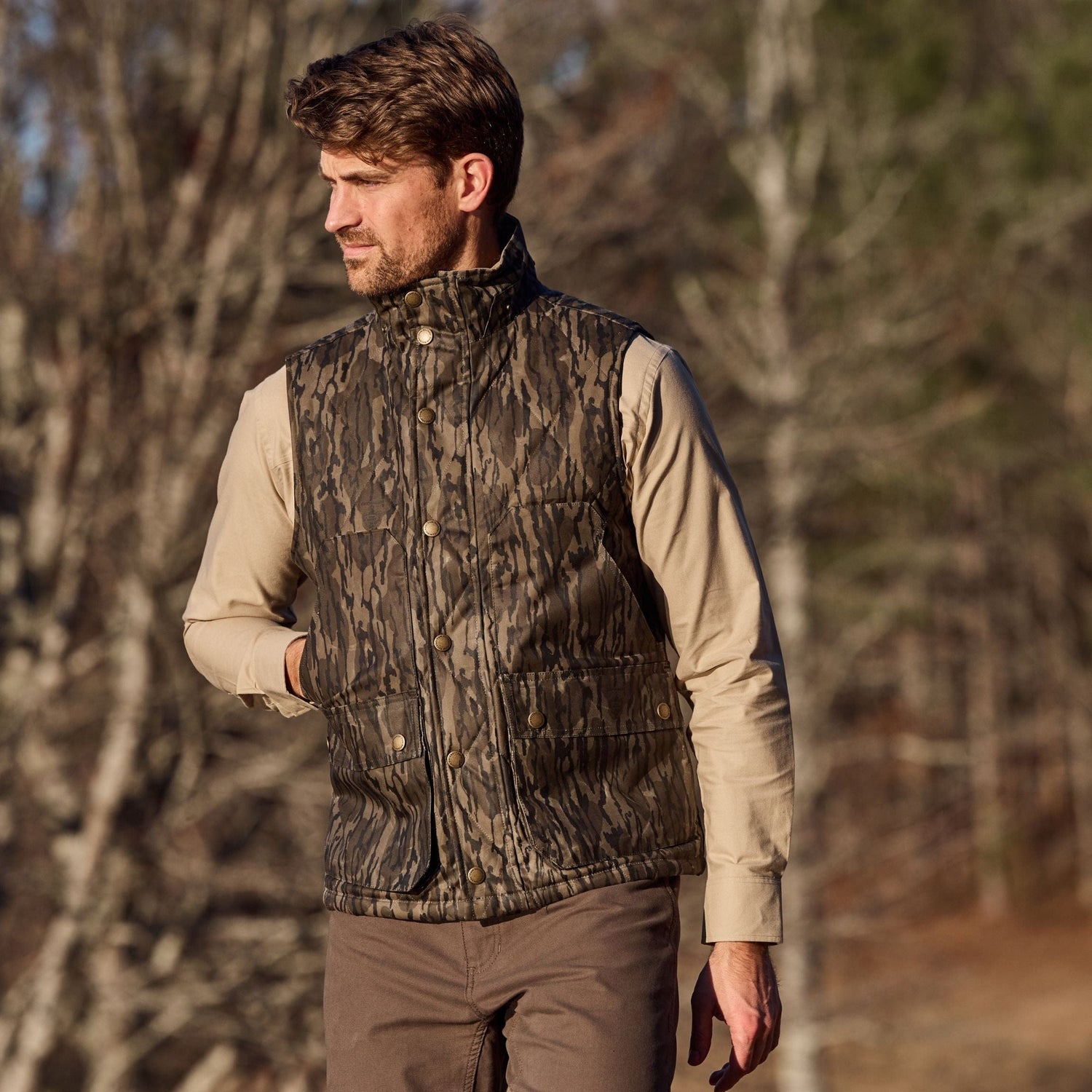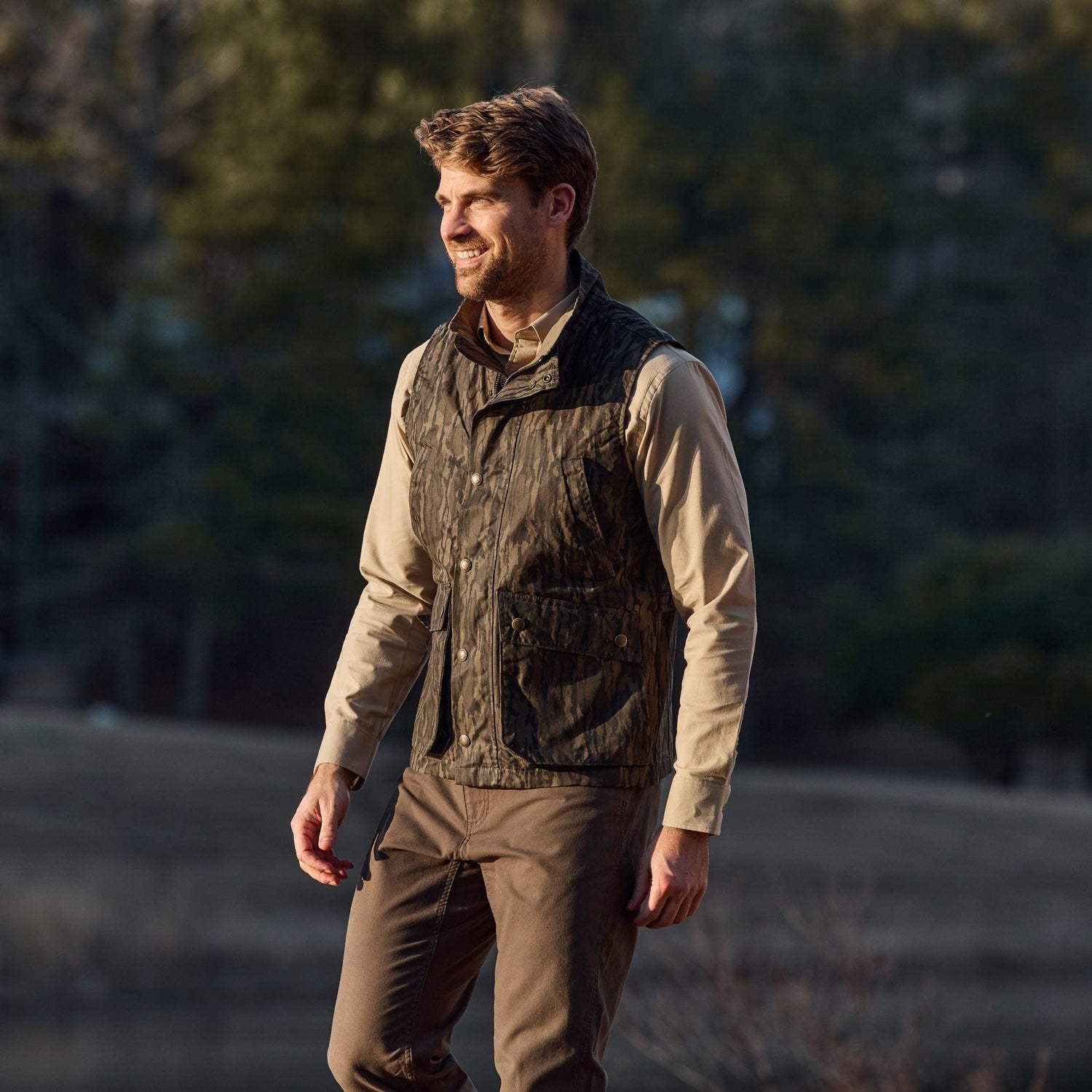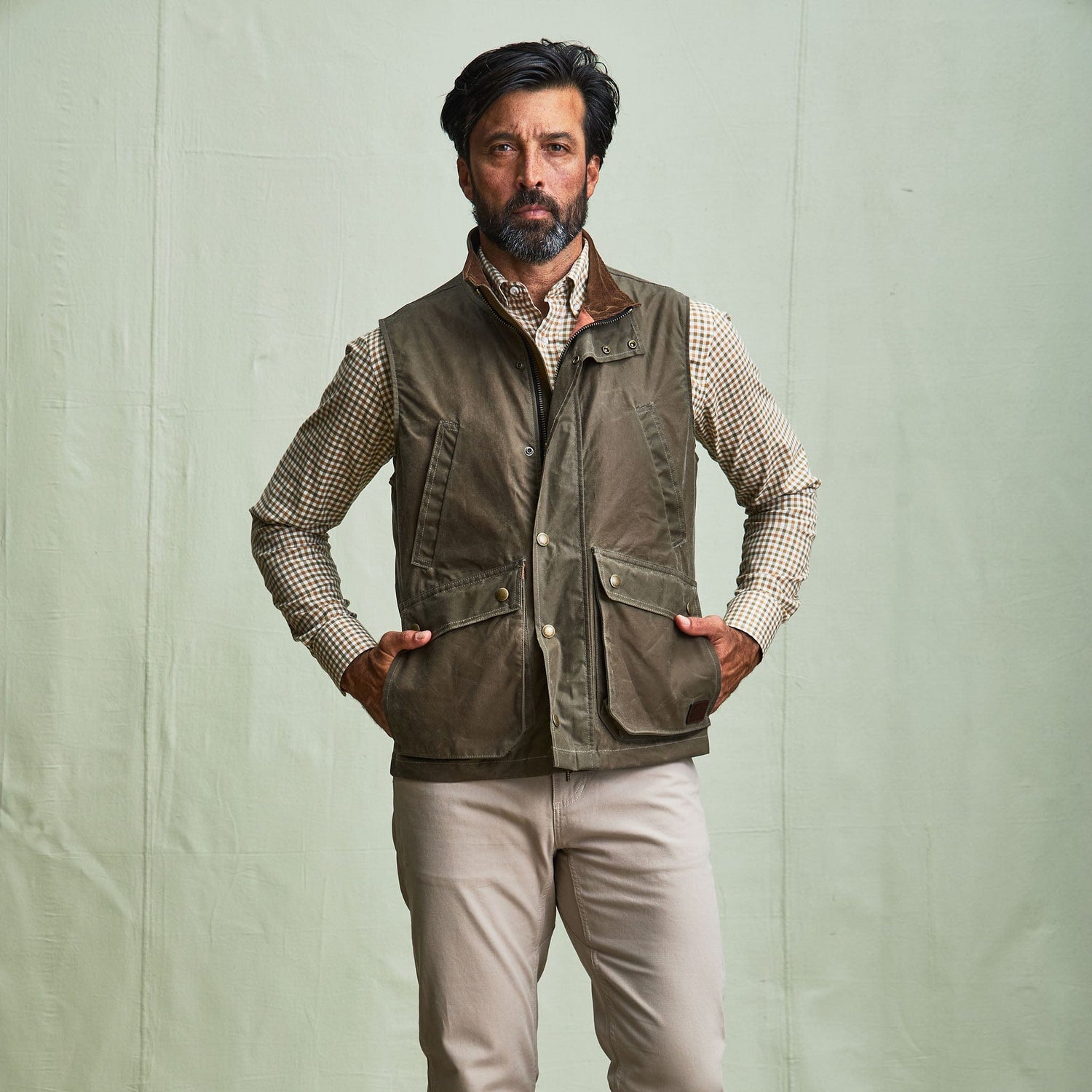He sank his arms elbow-deep into the cool flowing water of the stream. The blood slipped away from his skin, taken by a thousand tiny currents. He rubbed the back of each hand and forearm with the palm of the other until all traces of death had been expunged. But the smell was still there. The smell would take a while to fade. He reached behind him, grabbed the liver and the heart, and rinsed them in the water before placing them back inside the bird for the trip out.
…
My mouth and throat were dry. Every breath of the arid western Oklahoma air seemed to make it drier. Only a mile or so left to the truck. How had the landscape of abundance I remembered turned into this? As a kid, there were turkeys everywhere. In the past two days I had walked over twenty miles up and down, in and out of every cottonwood-lined creek I could get into. Two hens were all I’d seen, and one of them was from the road. This year they reduced the statewide bag limit to one tom. Now I saw why with my own eyes. Once back at the truck I made up my mind that I was heading home. I wasn’t going to find my bird out here. Something had to change. Next weekend I’d head down to the southeast. Surely I could find an old mountain gobbler working the slopes of the Ouachitas. Then again maybe not, but I’ve always loved those mountains.
…
The gobbler was propped up on a rock beside the stream. He ran his fingers through its iridescent breast feathers and watched them change colors in the sunlight. He spread the fan out and marveled at the cryptic pattern in his hands. He touched the spurs, dulled by the rocks of the mountains. He admired the beard, ten inches he thought. “Grandpa is going to love to see this,” he said aloud to no one. When he was young his grandfather had brought him down to these mountains to hunt for a weekend. They didn’t get one, didn’t even hear one, but it’s still one of his fondest memories.
…
The white hashed centerline stretched on forever as I slogged down the highway. 2:00 a.m. Two hours to go. I hadn’t slept since the night before, and only a few hours then. Truck stop coffee was my best friend in that moment. I was just happy to have a friend. Flipping through the radio I found a pastor giving a sermon. I haven’t been to church in years, but his words were a welcomed relief from the popular trash played on FM stations this time, hell any time, of day. After a while those words of conviction faded to static, and I just turned it off. I can’t remember what he spoke about.
…
He walked into his grandparents’ house and reached back to close the door behind him. “Hello,” he said with a loud voice. No one was sitting in the living room. “Back here,” his grandmother replied from the bedroom. His grandfather lay in the hospital bed, frail and small under the sheets, a shadow of himself. His grandmother sat in a folding chair next to the bed, holding his hand. “Well, I heard you got one!” she said excitedly. “I did, and man it was just absolutely perfect. You couldn’t have asked one to do it any prettier.” He handed her his phone and showed her the pictures of the dead eastern. “Wow, he is beautiful. Look here Kelley, Clay shot a turkey this morning.” She spoke in a raised tone, almost yelling, even though he was two feet away. The man under the blanket took the phone with those fragile, bruised hands, and stared at the picture. “That was right down by where me and you went that one time when I was a kid,” the grandson said in the same raised tone. He handed the phone back to his wife and turned away without making a sound. “Today hasn’t been one of our best days,” she said apologetically, “some days are better than others.”
…
I walked up the old logging road toward a spot I had marked on my map. It was a knob standing about two hundred feet in relief and sitting right in the middle of two creek drainages. I hoped from that spot that I could listen down into both sides and hopefully hear some birds. Every two to three hundred yards I stopped and let out a few yelps or my best barred owl hoot. Down to my right, the mountain sloped towards a creek that drained the basin I was hunting in. To my left, nothing but a steep brush-choked pitch. No reply. Finally at the top, three miles from where I parked my truck, the wind whipped back and forth from every direction. It couldn’t make up its mind, but it knew it didn’t want to be still. I called a couple of times, but it was pointless. Nothing could be heard over the rustling of white oak leaves and pine needles.
…
He wasn’t there when his grandfather died. It was a warm evening late in June. He was working. He received a phone call from his cousin. “He passed away,” in a low somber tone. “Alright, I’ll be there first thing in the morning.” “Alright, I’ll see you then.”
…
A gobble exploded from the mountainside below me. I was walking back to the truck, headed to try a different spot. I dropped to my knees without having to think. The gobbler was close. He had to be within a hundred yards. I scrambled to put my mask and gloves back on. I’d taken them off and unloaded my gun when I started out towards the truck. Stupid. I fumbled around in my pocket and found my shells. I put one in the chamber and closed the action as quietly as I could. Two more in the magazine. Just in case. When I was finally situated, I let out five loud yelps from the logging road. There was no answer, but he heard me. Gobblers don’t survive in this country by being vocal. I bailed into the woods below me about twenty yards.
I leaned against an old pine tree facing down the mountain, the brush so thick I couldn’t see more than twenty yards in most places. I had a line of sight stretching for sixty yards straight down the mountain in front of me. I expected would hear the bird before I saw him, if he came in at all. I waited five minutes and then used a stick to scratch in the pine needles next to me. Every few minutes I threw in the slightest cluck or purr. I finally stopped calling and just waited. I knew the birds in this country were smart, time to let him make a move.
Fifteen minutes later, right on the edge of my visibility, I saw the sun shining on the bronze fan of an old mountain gobbler. His head was glaringly white as he worked his way up the slope. I watched as he continued toward me, relishing his every footstep and change of direction. By the time he got to forty, I could hear the sound that still haunts my dreams. Sssssspitt….Vrooooom.
Sssssspitt….Vrooooom. Over and over again. I could see all of the feathers on his body vibrating. He worked behind some blackberry bushes and moved off toward my left. This was going to be my chance. By the time he stepped into the clearing, he was at twenty. Two yelps, he raised his head, and that was that. As I stood over the bird, I felt a sense of closure I’d never felt before. I lacked for nothing.
…
Now it’s a weight on the shoulders, alternated from one side to the other when the leg bones cut too much; fingers hooked around spurs to get a better grip. His mind drifts back to his grandfather. He knows they’ll never walk together through these woods again, and his soul is heavy with the apperception. The bird’s lifeless head bounces with every step, leaving bloody reminders of its own on the back of his pants. The weight is all right though, it’s testimony to a job completed, a testimony of finality. And though his shoulders ache, he is grateful to carry it.
About the Author
Clay Beene was born and raised in Northeast Oklahoma and currently resides there after spending a few years in the Pacific Northwest. January mallards, April longbeards, May largemouth, July cutthroat, September grouse, and November whitetail keep him in a constant state of anticipation as he lives his life based on the changing of seasons. He continues to study the art of storytelling because stories are the only things that last. You can find Clay on Instagram @OfCowboysAndCoyotes.






